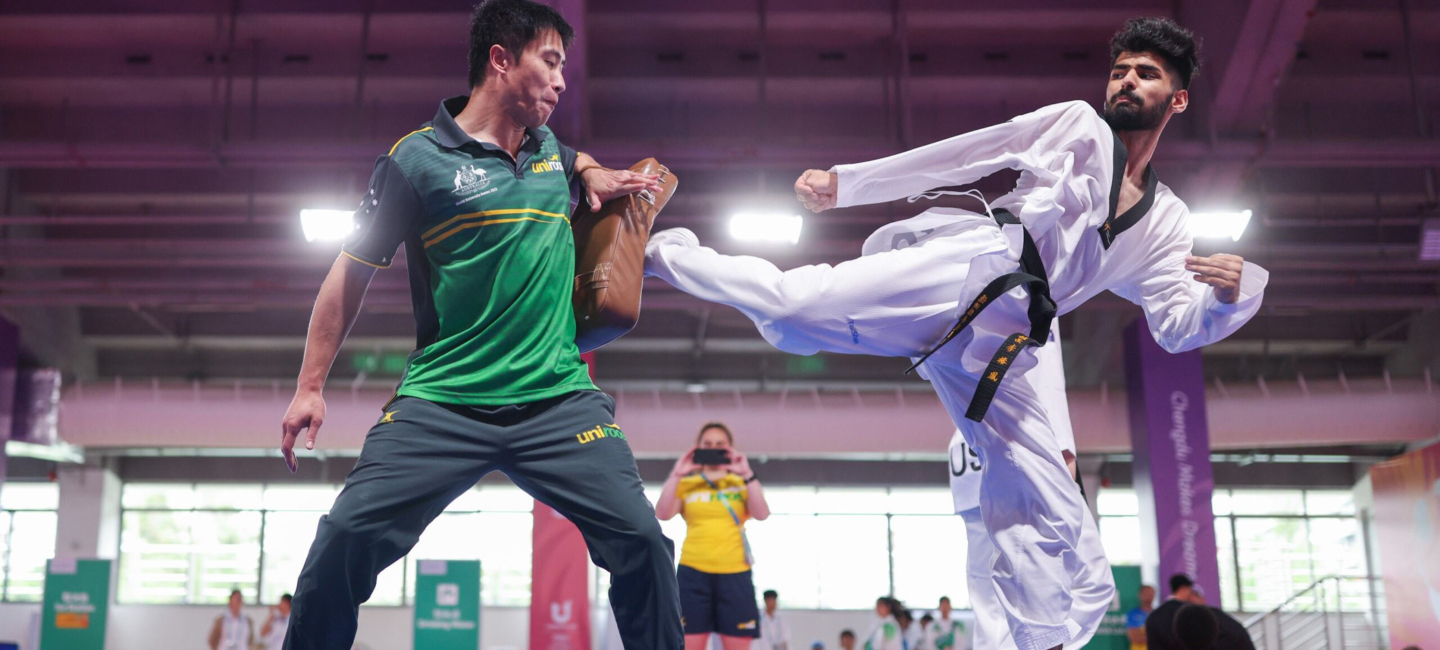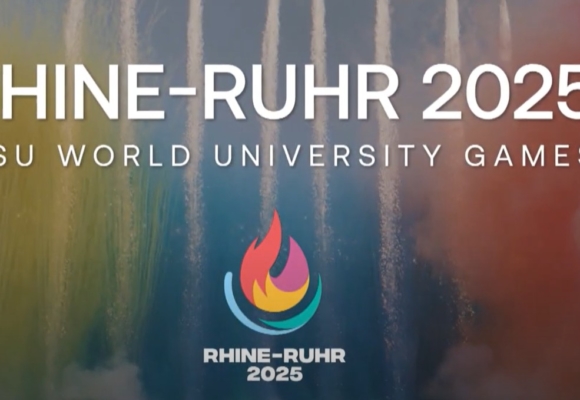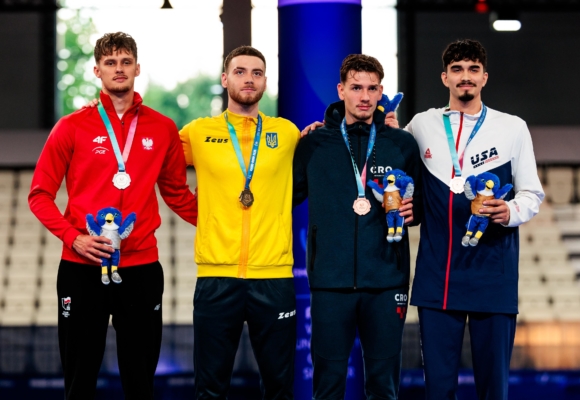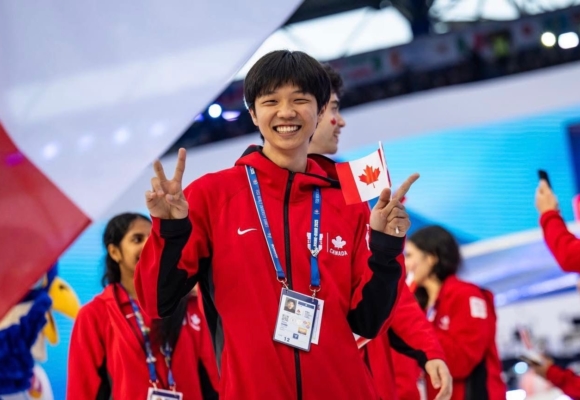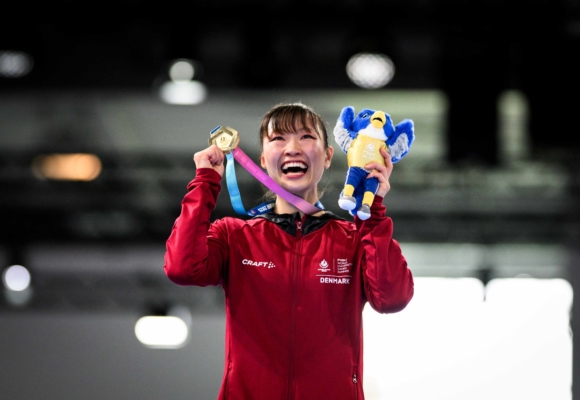When Taekwondo became a modern sport, it preserved the spirit of a two-thousand–year-old martial art, as well as its force and appeal. Also called foot fencing, this sport has been added to the Universiade/FISU Games sports programme in Taipei 2017 after being a part of the World University sports programme since 1986. This spectacular discipline gathers more and more students from around the world.
News
All newsEvents
FISU Technical Committee Chair
 usa
usa
Resources
The History of Taekwondo in FISU
The first World University Championship Taekwondo was held in 1986 at the University of California, in Berkeley, near San Francisco, on the initiative of the US University Sports Association. A close collaboration was created at that time between the Organising Committee, the Taekwondo World Federation and FISU. As a result, a high participation level was achieved at this “premiere”. Korea already dominated in the number of medals, and this trend was to increase. During the 1996 edition in Saint Petersburg, Korea showed no mercy, taking 10 medals out of 16. This astonishing performance was repeated in 1998 by this country where taekwondo is an established tradition.
However, since then other countries (for example France and Chinese Taipei) have also obtained strong results. Many renowned athletes have already taken part in FISU taekwondo championships, including Canada’s Jai Hoon Lee, who won gold at the Barcelona Olympic Games in 1992. In the women’s events, Spain’s Elena Benitez also won gold in Barcelona, while others, such as Yu-Fang Chi (TPE), Yeun Yong Lee (KOR) and Myoung Sook Jung (KOR), were striving to become world champions. Some of the great university champions of the past are coaches today, providing their support to young athletes taking part in major international competitions for the first time.
An increasing number of competitors and growing interest of the Organising Committees of the Summer Universiades/FISU Games led to the inclusion of taekwondo into the optional programme of several FISU Games: Daegu in 2003, Izmir in 2005, Bangkok in 2007, Belgrade in 2009 and Gwangju in 2015 before becoming a mandatory sport in Taipei in 2017.
Taekwondo is a very important sport in the FISU programme and FISU and the international federation, World Taekwondo have been working hand in hand successfully for a long time now.
